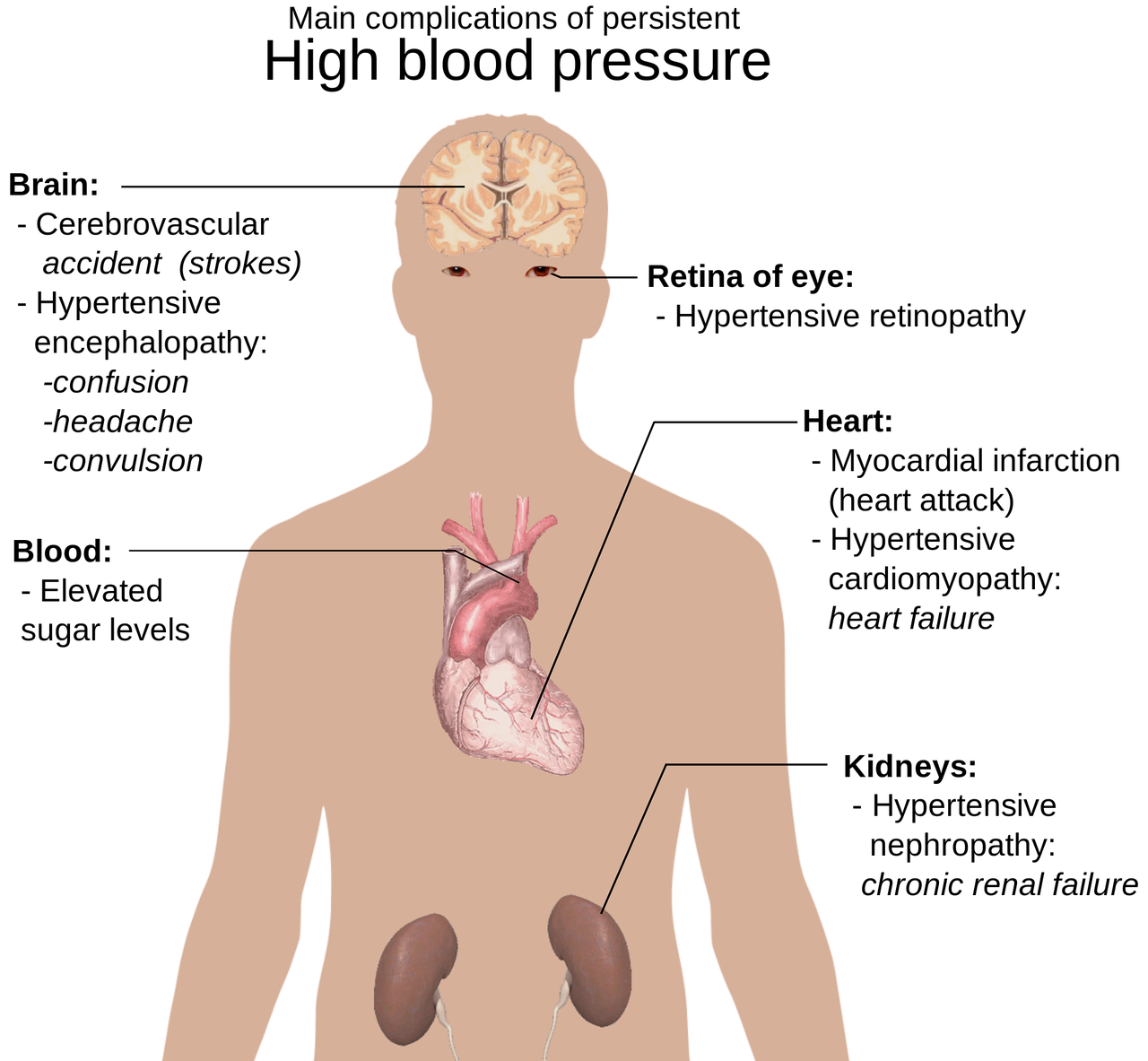Do you know what preeclampsia is? Do you know the risk factors for this serious pregnancy condition? Get the facts you need to know in order to protect you and your baby.
Paramount preeclampsia pregnancy statistics:
- It affects five to ten percent of all pregnancies globally.
- It affects three to five percent of all pregnancies in the United States.
- 40 to 60 percent of all maternal deaths are the result of preeclampsia in developing countries.
- HELLP syndrome results in 10 to 20 percent of pregnancies with the condition.
In order to understand this serious pregnancy condition better, it is vital to know the risk factors, its affects on you and your baby, the symptoms, and HELLP syndrome.
What is Preeclampsia?
Preeclampsia is a pregnancy issue that induces high blood pressure, among other serious medical problems. This condition can be fatal, and at the very least, pose danger to you and your baby.
Symptoms may go unnoticed, making it paramount for you to get your blood pressure checked while pregnant. If your blood pressure is high, your doctor will test your urine for protein, according to the Mayo Clinic.
Preeclampsia normally develops during your last trimester. However, it may also surface at any moment during the second half of your pregnancy. In fact, this condition can also develop during labor and six weeks after giving birth.
 What is HELLP Syndrome?
What is HELLP Syndrome?
HELLP syndrome is a serious medical condition to research regarding your pregnancy. If preeclampsia goes untreated, eclampsia and HELLP syndrome can occur.
HELLP syndrome stands for:
- H — hemolysis
- EL — elevated liver enzymes
- LP — a low platelet count
HELLP syndrome can also develop during your third trimester and after giving birth. It can be challenging for doctors to diagnose HELLP syndrome.
If preeclampsia symptoms such as high blood pressure and protein in the urine are not present, the condition can be mistaken for acute hepatitis, gall bladder disease, gastritis, and the flu.
Preeclampsia Pregnancy Risk Factors
There are a variety of risk factors associated with preeclampsia. The serious pregnancy condition often occurs in first-time pregnancies. Women over the age of 40 who become pregnant, and pregnant teens are at higher risk.
Other vital risk factors include:
- Women who are pregnant with more than one baby (Twins, Triplets, etc.)
- Having a family history of preeclampsia
- History of high blood pressure
- History of medical conditions such as diabetes, lupus, kidney disease, and rheumatoid arthritis
- History of obesity, or being overweight during pregnancy
- Having in vitro fertilization (IVF)
 Signs and Symptoms Pregnant Women Need To Know
Signs and Symptoms Pregnant Women Need To Know
The signs and symptoms of preeclampsia are not always noticeable. They are as unique as each pregnancy, and they are difficult to pinpoint in the early stages.
Many of the signs and symptoms of this serious condition are similar to the most common changes pregnant women experience. You may be experiencing swelling, weight gain, and nausea. However, these are also symptoms of preeclampsia.
Contact your doctor if you experience any of the following signs and symptoms:
- More than normal swelling
- Puffiness around your eyes
- Swelling in your hands
- Weight gain of more than four pounds in one week
- Severe headache that never goes away
- Vision changes such as blurriness, spots, sensitivity to light, double vision, etc.
- Pain in your upper abdomen
- Nausea in your second or third trimester
- Trouble breathing normally
How This Condition Affects Your Baby
Preeclampsia can restrict blood flow to your uterus, and it could cause potential problems for your baby. In fact, if the condition is severe, you may need to deliver early to keep it from getting worse.
Affects on your baby may include the following:
- Premature delivery
- Stillbirth
- Low birth weight
- Poor development
- Low amniotic fluid
- Placental abruption
How to Prevent Preeclampsia During Your Pregnancy
Researchers are still unsure if preeclampsia during pregnancy can be prevented. It is essential to talk with your OBGYN, or talk to a doctor online to discuss your potential risk.
Studies have shown that taking low-dose aspirin can be helpful. However, before taking anything, discuss risks with a doctor. Aspirin can cause other complications in pregnant women, according to BabyCenter.
One of the best recommendations to prevent preeclampsia is to be aware of the risk factors and symptoms. If you pinpoint the condition as a potential pregnancy issue early on, measures can be taken to protect you and your baby.
Submitted by Dr. Richard Honaker: https://www.independentmedicalexaminer.com/IME-Directory/Virginia/Dr-Richard-A-Honaker-MD.asp




